Anyone who has been paying attention knows that our oceans are in trouble. Sea levels are rising, as are sea surface temperatures. Combine that with the issues of ocean acidification, plastic pollution and overfishing, and you have a perfect storm of threats facing our oceans. Many ocean advocates, conservationists and scientists are looking for ways to protect our oceans. Marine conservation is essential to the survival of our oceans as we know them, but when conservation efforts are exclusive or fail to consider all voices, they are doomed to fail.
Waiting to retrieve fishing gear during a shark survey.
My name is Jasmin Graham. I am the daughter of a man who loves to fish and the granddaughter of a woman who loved to fish even more. My family is deeply connected to the ocean. For us the ocean represents sustenance and prosperity. I am also a marine scientist focused on the conservation of sharks and rays. I am also a Black woman.
I am passionate about inclusive marine conservation because I have been on both sides. I have been in the room with policy makers, but I also know that my family of fishers were never offered the opportunity to be in the room because they were poor, under-educated, and Black. I speak for the sea, but I also speak for all the people who rely on it, are knowledgeable about it and are greatly impacted by issues no one bothers to examine.
When my grandmother passed away, she had been fishing in the same spot multiple days a week for over 50 years. As a scientist I know now that is what we would call a “long-term data set.” At any point if someone would have bothered to see the world through my grandmother Evelina’s eyes, they could have learned so much. This is just one missed opportunity in a sea of missed opportunities. I advocate for inclusive marine conservation because the way we have been doing marine conservation isn’t working, and I believe there is a better way.
Tagging a great hammerhead on the R/V Garvin during a shark survey.
Diversity, equity, and inclusion have become buzzwords as of late, but few are truly willing to explore the important role these concepts play in marine conservation.Let’s begin with Diversity.
Diversity is a term we as ocean advocates and conservationists should recognize. Much of what we do is to support biodiversity in our oceans. Diversity is important in a science context because the various organisms each serve an important role in our ecosystem and the ecological balance is disrupted when we lose some of these organisms.
The same is true for people.
We all have roles to play and interact with our marine ecosystems in a variety of ways. One of the biggest mistakes an ocean advocate can make is forgetting that humans are part of the marine ecosystem. Sure, we don’t live underwater, but we get numerous resources from the ocean and impact it in many ways. The fact of the matter is, if you ignore the human element, you are missing a huge piece of the puzzle.
Because different people interact with the ocean in different ways, it’s important that everyone be given an opportunity to share their perspectives and insights. The way a coastal indigenous group interacts with the ocean is quite different from the way a company in a big city is going to interact with the ocean. If we don’t have a diversity of people coming to the table several things happen:
1) We are slow to recognize problems and may miss some problems entirely
2) We fail to create solutions that work, and
3) We repeat the same mistakes and waste time reinventing the wheel.
Equity is a term that means people have an equal voice in decision-making that directly impacts them. It also means that their livelihood and well-being are taken into consideration and that no one group is expected to bear a disproportionate cost or burden because of the decisions made. Inclusion is a term that means not only are people offered a seat at the decision-making table but also that their input and thoughts are valued and respected.
In the field downloading shark tracking data from a receiver.
Here is an example of what happens when diversity, equity and inclusion are not built into the framework of conservation: There is a fishing community based in a small but vibrant estuary. This estuary is managed by state and local officials, many of whom have never seen the estuary with their own eyes. These officials are working with scientists, who have never spoken with members of the fishing community. One year the fishers notice their catch rates drop dramatically and shift their focus to a different species. The year prior to the drop in catch rates a factory opened upriver and many of the fishers suspect waste from the factory is negatively impacting the estuary. Five years later a scientist starts collecting data on fish populations to establish a baseline. The baseline they establish, however, is based on the already depleted population so it takes another 10 years before the scientists realize the population is crashing. The government blames overfishing and puts a ban on fishing in that estuary. Instead of stopping fishing, this leads to fishers fishing at night and in secret. The local government spends millions of dollars to enforce the ban and crack down on illegal fishing.
Several things have happened in this example: 1) No one asked the fishers and therefore scientists and conservation managers took 15 years to discover a problem the fishers already knew about, 2) because the fishers didn’t have a seat at the table they were blamed for the fish stock collapse, but had they been invited to be part of the conversation their observations regarding the factory would have been heard and perhaps the larger issue (pollution from the factory) wouldn’t have gone unnoticed, 3) when the ban was put in place it put a disproportionate amount of financial strain on the fishing community that was depending on fishing for the economic survival. This led to a lack of compliance and therefore a solution that not only didn’t address the root cause but also didn’t work because it proved to be too difficult to enforce and 4) because the root problem was not addressed after spending millions of dollars to enforce a ban, the fish population will likely continue to plummet. In conclusion this conservation effort has failed to protect the fish population, ruined the livelihood of an entire group of people and bled the local government of millions of dollars. Much of this could have been avoided had an inclusive marine conservation framework been applied.
A spear fisher wades through shallow waters in search of fish.
There are several things you can do at any level to promote inclusive conservation. This is not an exhaustive list, but a good starting point:
- Be mindful of who is in the room when decisions are being made and advocate for those missing to be included in the conversation or amplify their voices when you are in the position to do so
- Engage directly with stakeholders (those directly impacted by or connected to the ecosystem)
- Acknowledge the impact decisions will have on each community involved and ensure no one community is bearing a disproportionate amount of the burden.
- Before you point fingers make sure you’re seeing the whole picture. It’s easy to blame someone when they aren’t there to defend themselves. Remember we all must coexist with our oceans and with each other. Conservation is best done when people work together to come up with a solution that maximizes ecological impact and minimizes negative impacts on communities, groups, and people.
- Be open minded and willing to listen to those with lived experience. Just because someone is less educated or doesn’t have the title you have does not mean what they share is not valuable. The rigid western concept of science and what a scientist is often makes us forget that there are other ways information can be gathered and knowledge can be gained. This other knowledge and information can (and often does) fill in the ‘blind spots’ scientists and policy makers may not realize are there.
Here I'm holding the tail of a shark while my colleague does a blood
draw.
The biggest takeaway here is that no one person or group of people knows all or can solve every problem. It takes us all looking at it from our various angles and perspectives. Inclusive marine conservation isn’t just the morally right way to do things, it is the most effective and efficient, and ocean advocates should spend less time crusading around the world as the sole savior of the planet and more time working with communities that have historically been forgotten, neglected and abused in the name of marine conservation.
Jasmin’s work encompasses the areas of science communication, social justice, outreach, education and conservation. She cares deeply about protecting endangered and vulnerable marine species, particularly elasmobranchs. Jasmin is the President and CEO of Minorities in Shark Sciences (MISS), an organization dedicated to supporting women of color in shark sciences. She is excited to help open doors for more underrepresented minority students to join the exciting field of marine science.















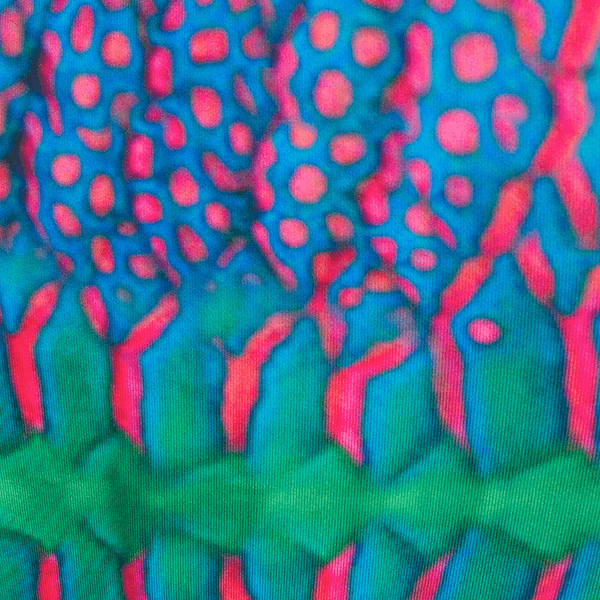





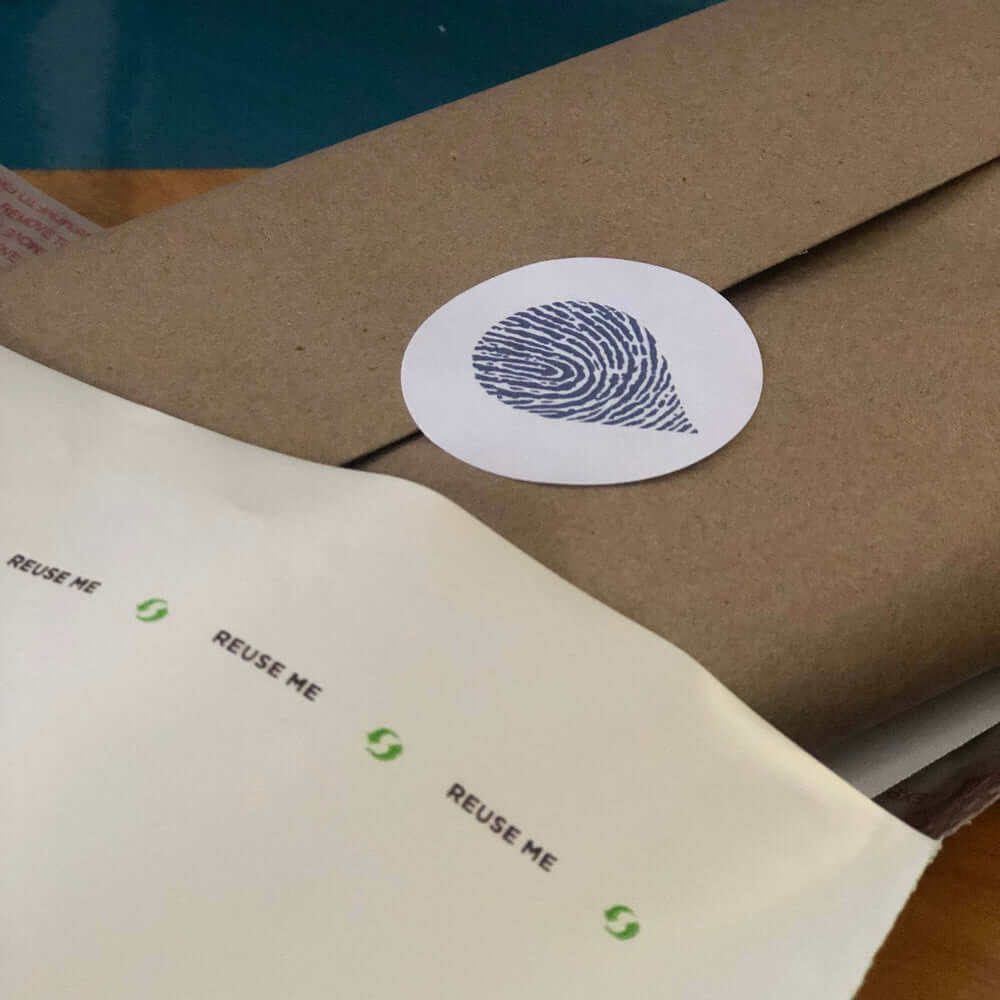


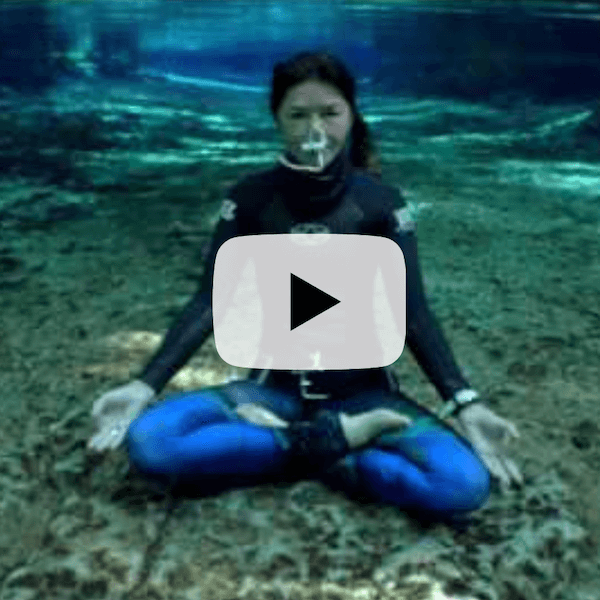



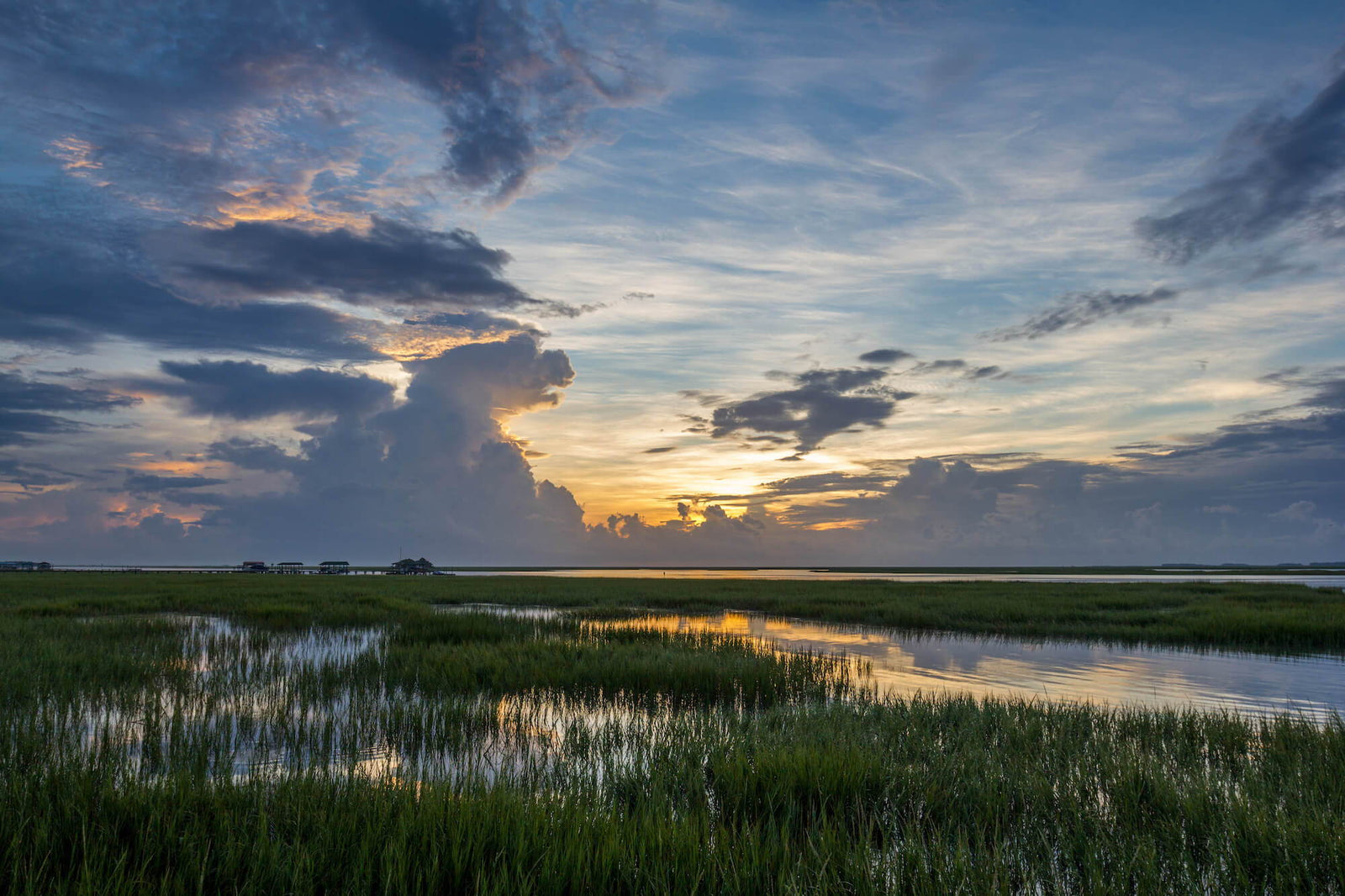
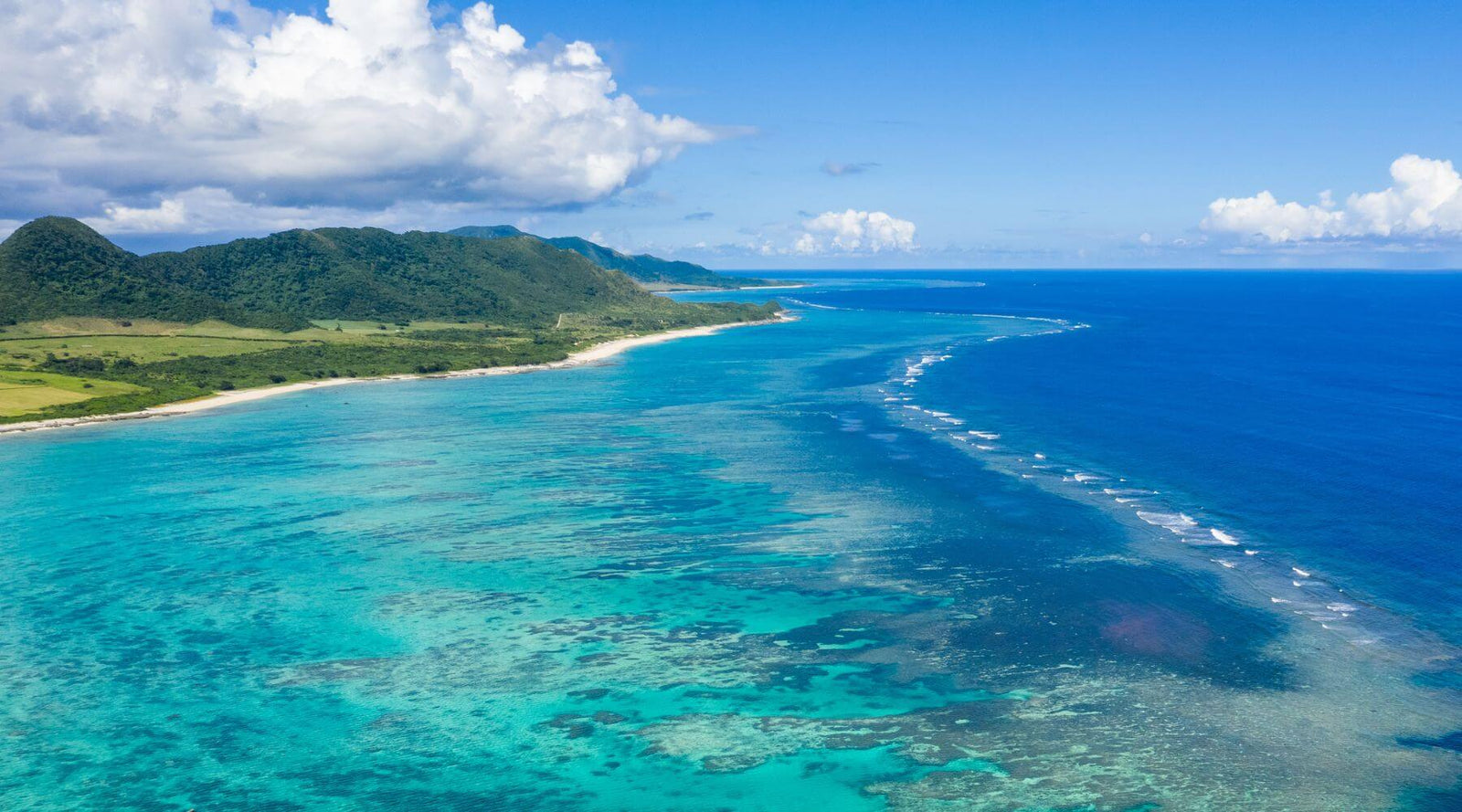
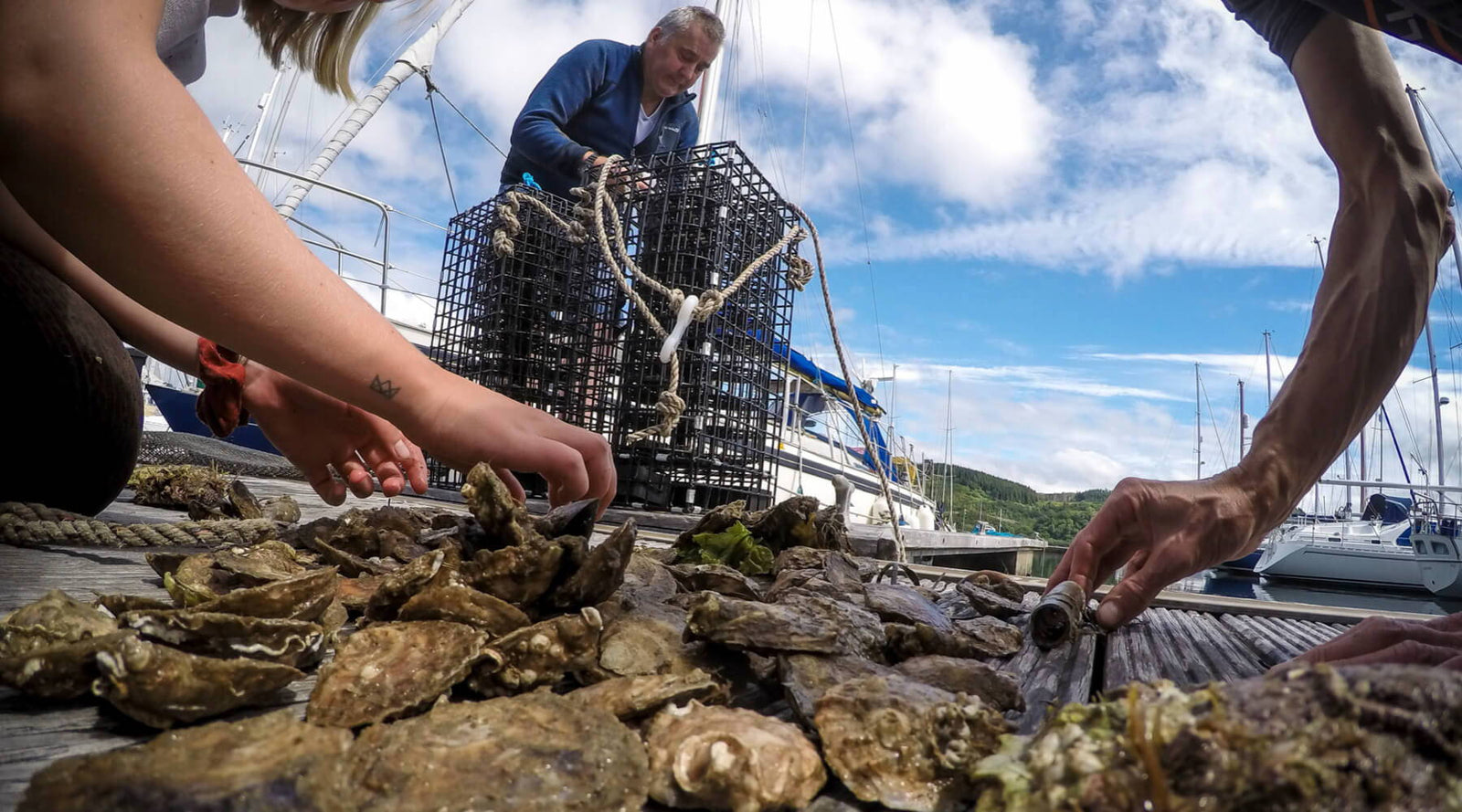
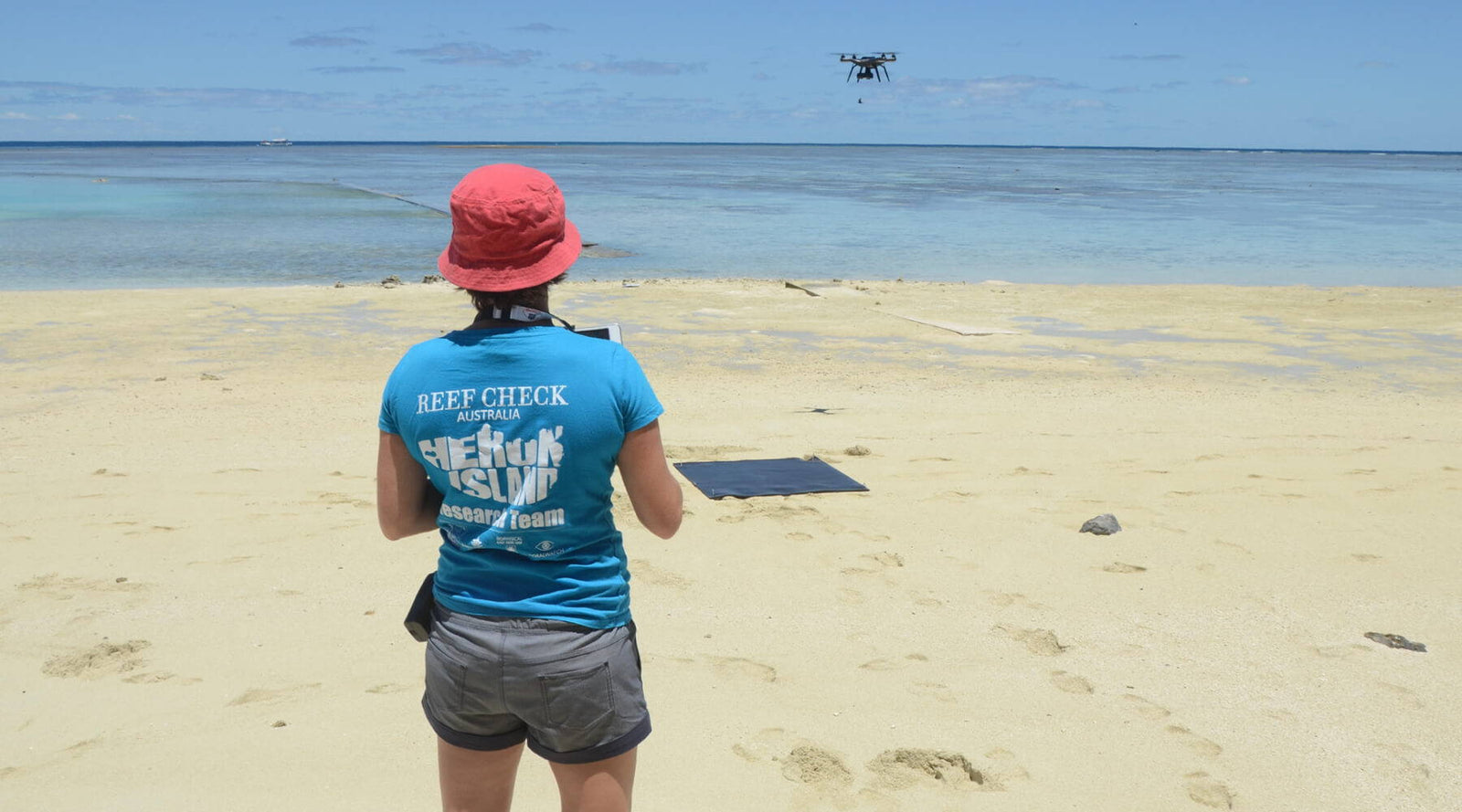
Colin Netzley
January 15, 2023
Thank you so much for your words and your work! I was super happy to see the National Wildlife Federation’s article on you and MISS! I found this blog post because I noticed in the pictures of this article you were repping Waterlust!